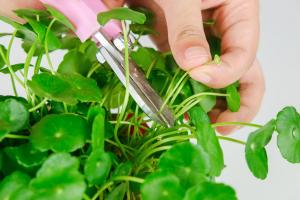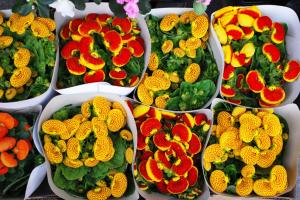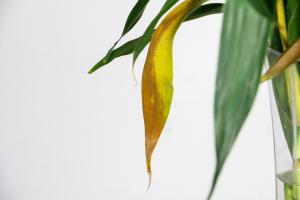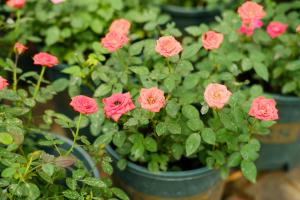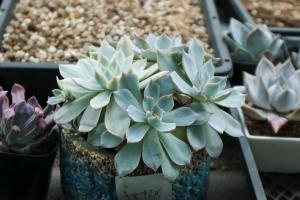Can You Plant a Lemon Tree in Pennsylvania?
If you live in Pennsylvania and are considering planting a lemon tree on your property, you may be wondering: is it even possible? After all, Pennsylvania's climate is vastly different from the warm and sunny regions where lemon trees are typically grown. However, with some careful planning and attention, it is indeed possible to grow a healthy and thriving lemon tree in Pennsylvania.
The Climate in Pennsylvania
Pennsylvania is located in USDA plant hardiness zones 5 and 6, which have an average annual minimum temperature range of -20 to -10 degrees Fahrenheit and -10 to 0 degrees Fahrenheit, respectively. These temperatures are much lower than the warm and humid climates typically associated with lemon tree cultivation. However, by choosing the right variety of lemon tree and providing it with adequate care, you can still enjoy homegrown citrus even in a colder, less hospitable climate.
Selecting the Right Lemon Tree Variety
When it comes to growing lemon trees in colder climates, it's important to choose a variety that is cold-tolerant and disease-resistant. Some varieties of lemon trees that can thrive in Pennsylvania include:
Improved Meyer Lemon: This variety is one of the hardiest and most popular among home gardeners in cold climates. It has a sweet flavor and is less acidic than other lemon tree varieties.
Eureka Lemon: This variety is a classic choice for home growers and has a tart flavor that many people enjoy.
Lisbon Lemon: This variety is known for its strong flavor and high yield of fruit.
Before choosing a lemon tree variety, consider your climate, the specific location where you will plant the tree, and your personal preferences for flavor and acidity.
Planting and Caring for Your Lemon Tree
To plant your lemon tree, choose a location that receives full sun and has well-drained soil. Dig a hole that is twice as wide and deep as the tree's root ball, and mix in compost or other organic matter to improve soil quality. Once the tree is planted, water it regularly and deeply, allowing the soil to dry out slightly between waterings.
Throughout the growing season, apply a citrus-specific fertilizer to your tree according to the manufacturer's instructions. Monitor your tree for pests or diseases and address any issues promptly. In the winter months, protect your tree from frost by covering it with a frost blanket or moving it indoors if possible.
Harvesting Your Lemons
With proper care, your lemon tree should begin producing fruit within two to three years of planting. Harvest lemons once they have reached their mature size and color, which will depend on the variety you chose. To avoid damaging the tree, use pruning shears to carefully cut the fruit from the branch.
Enjoy your freshly harvested lemons in a variety of ways, including squeezing them for juice, using the zest in recipes, or simply slicing and eating them as a healthy snack.
Conclusion
While it may take some extra effort and care, growing a lemon tree in Pennsylvania is possible with the right variety and proper care. With a bit of patience and attention, you can enjoy homegrown citrus even in a colder, less hospitable climate.

 how many times do yo...
how many times do yo... how many planted tre...
how many planted tre... how many pine trees ...
how many pine trees ... how many pecan trees...
how many pecan trees... how many plants comp...
how many plants comp... how many plants can ...
how many plants can ... how many plants and ...
how many plants and ... how many pepper plan...
how many pepper plan...